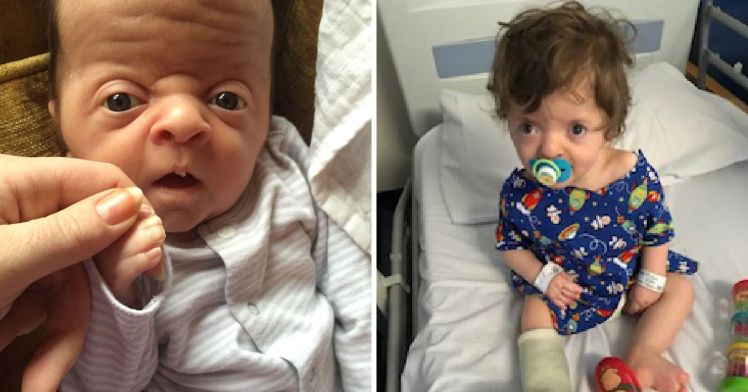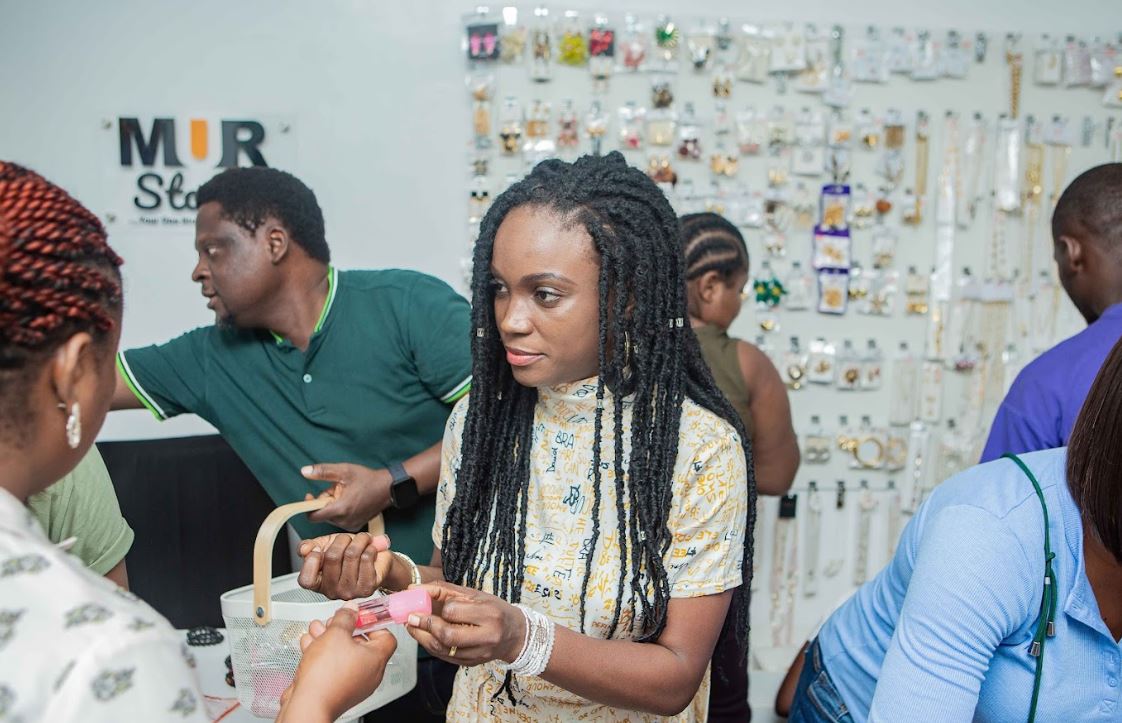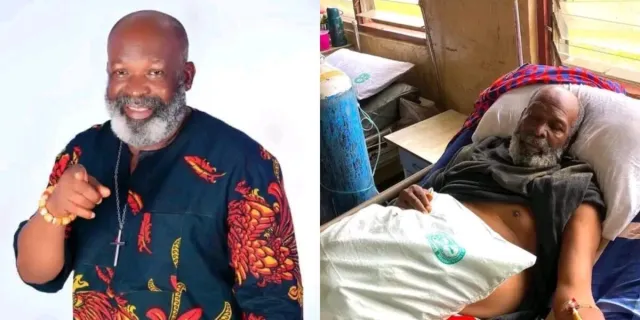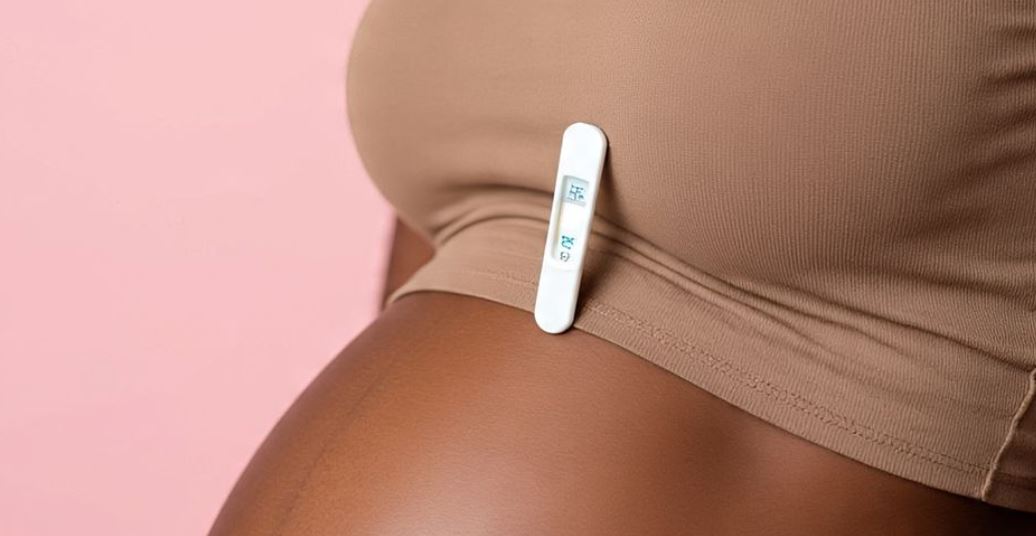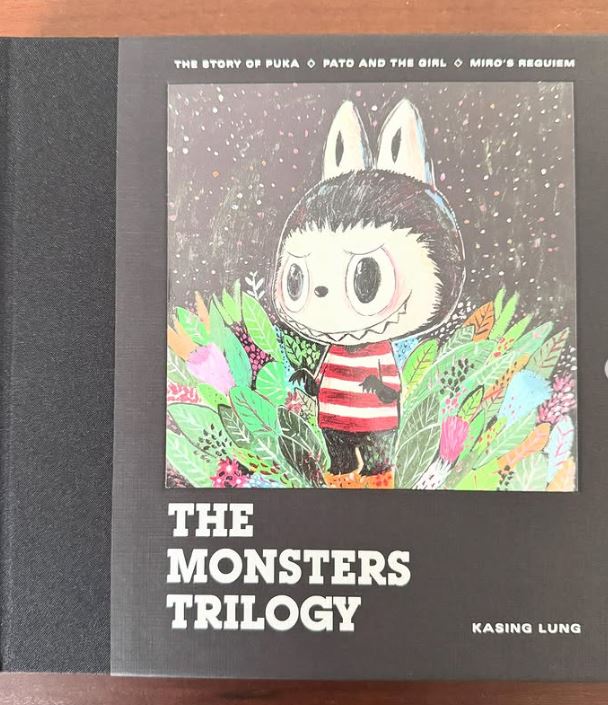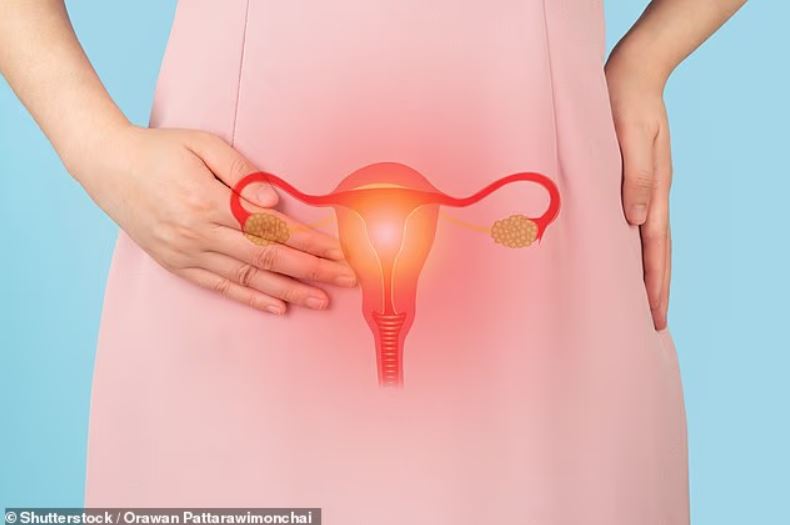A mother who once hid her baby under a wool hat and mittens so that strangers wouldn’t stare at his misshapen head and fused fingers and toes has revealed that she has now signed up up to a modelling agency. When Hannah Pitt first saw her son, Teddy, she burst into tears. She and her partner, Daniel, were told their son had a rare condition called Apert Syndrome, and Hannah, 36, was terrified of what people might say when they saw him. Now she could not be more proud of her child. Last year surgeons worked on Teddy’s hands to give him new fingers so he can now grip, and later this year it is hoped he will have an operation to open his skull to stop pressure build-up. Hannah, from a village near Huddersfield, in West Yorkshire, said: ‘I was distressed when I first saw Teddy and his hands. He looked so different. I cried and cried. He didn’t look how a baby should. ‘We hadn’t heard of the condition so we went online and saw terrifying pictures of other babies with it. We read he may not survive, but thankfully doctors reassured us.
‘Now it upsets me to think how I felt. I loved Teddy but my reaction was shock. I think that was natural.’
She and Daniel, 34, had prayed for a healthy baby and no abnormalities showed on any tests or scans before Teddy was born.
A doctor then told the couple that Teddy might have Apert Syndrome. Features of the syndrome include an abnormal skull shape, sunken face, fused fingers and toes, and a smaller oesophague and windpipe – making breathing difficult. Hannah said: ‘We were shown a photo of Teddy then and I said, “Is this my baby?” I was so distressed.’
During this time, Hannah did some research into the condition. She said: ‘We read there was a low life expectancy, that babies may not survive due to issues linked to the condition. We were terrified.’ Ten days later Teddy was allowed home, but for the first six months Hannah struggled. She said: ‘I hid him because I was scared people might stare. I worried. Would he be bullied for his appearance? Would he make friends?’ It wasn’t until she spoke to other parents of children with Apert Syndrome that she felt better. ‘We realised that all we’d wanted was a baby and that’s what we’d got,’ she said. ‘Teddy was breathing, his heart was working, we knew we’d love him no matter what.’ Hannah’s pupils also asked to see him, and though she worried what they would say, none said anything that made her feel uncomfortable and they actually helped her talk about him.
Teddy has had operations to allow him to live a normal life, including having his fingers separated and having skin grafts taken from his groin to patch his wounds. Bone from his hips also helped straighten his thumbs. He’s had his right big toe fixed to stop it bending away from his foot – however medics will not operate on his toes as they consider this procedure cosmetic and Teddy will be able to walk regardless. Currently – as Apert Syndrome slows development – Teddy does not walk. But he has weekly physio sessions to help him move around the floor. He also has restricted arm movement.



